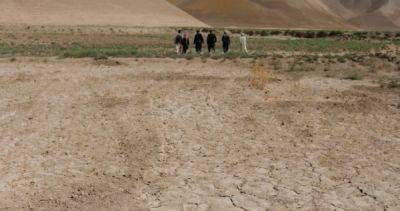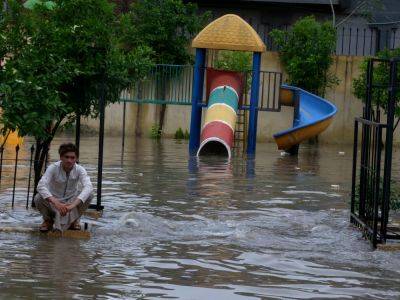Climate change induces anxiety in young people
April 8, 2024
DHAKA – Climate change is affecting mental health in all communities, especially among the youth. Over the past decade, the anticipated cascade of challenges accompanying climate change has moved from possibility to reality. Extreme weather events, both sudden (earthquakes, flash floods, and lethal heat events) and slow onset (droughts and rising sea levels) are steadily increasing, the consequences of which include, injury, illness, and death.
Although the environmental threats are perilous, climate change also presents serious mental health risks—with post-traumatic stress disorder, anxiety, depression, and learning disorders being just some of the climate-related trauma effects documented in young people. Given that children and adolescents are still developing the psychological and physiological capacity to process its ramifications and have little influence over the economic, political, and social systems charged with responding to or preventing climate events, they are considered particularly vulnerable to the mental health consequences of climate change.
For instance in 2010, three-quarters of young people aged 10-19 years old showed symptoms of post-traumatic stress disorder following flooding in Pakistan. Floods recurred in 2022, and 10 million children required life-supportive care in the immediate aftermath. One year later, four million children were still living near contaminated and stagnant water. While the physical and environmental consequences are easier to quantify, we can only begin to imagine what the long-term mental health consequences will be and how the two catastrophic climate-related events will compound.
Although 40 percent of the world population lives in areas highly vulnerable







